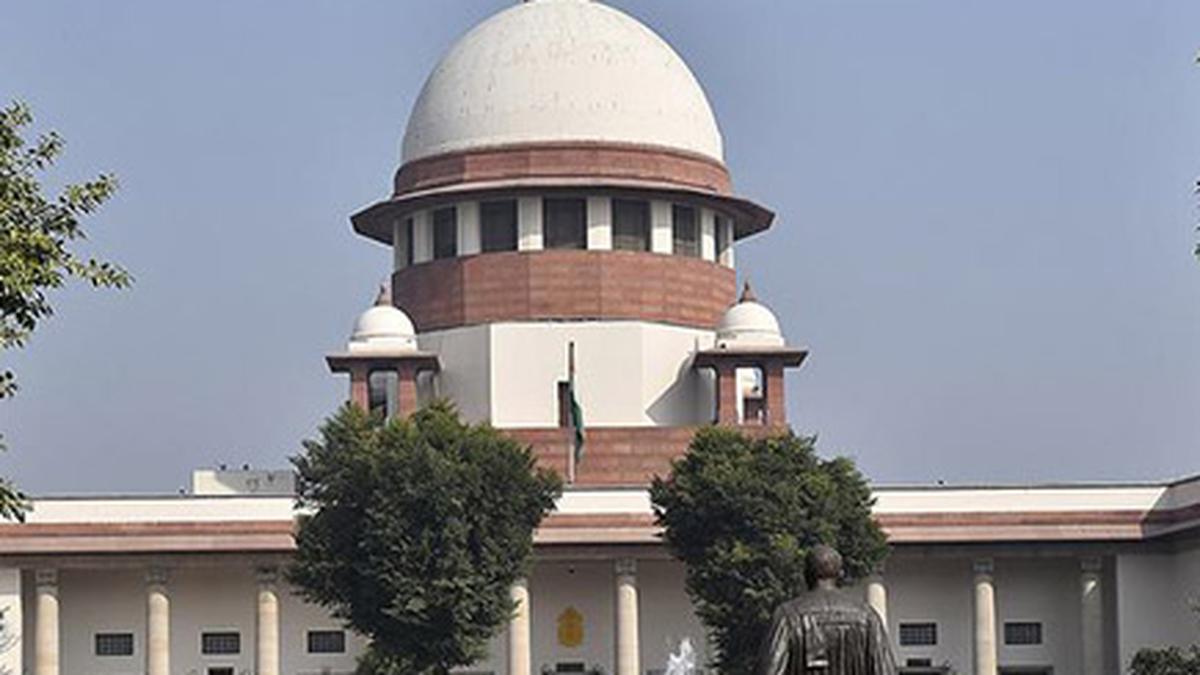
SC asks Indian named in murder-for-hire plot against Khalistani activist to approach Czech court
The Hindu
Indian national facing extradition in Czech Republic for alleged plot to kill U.S.-based Khalistani activist; Supreme Court terms it "extremely sensitive matter" for MEA.
The Supreme Court on Friday termed allegations of an Indian national about his arrest at Prague airport in June, his solitary confinement in a Czech prison and the looming prospect of extradition in connection with charges of plotting to kill U.S.-based Khalistani activist Gurpatwant Singh Pannun an “extremely sensitive matter for the Ministry of External Affairs, or for that matter, any Ministry of the government”.
A petition filed by a family member of the national, which came up before a Bench headed by Justice Sanjiv Khanna, has urged the Supreme Court to step in and direct the Ministries of External Affairs and Home to intervene in the extradition proceedings pending before a court in Prague, Czech Republic, and ensure that their relative gets a “fair and transparent trial”.
The identity of the person, represented by senior advocate CA Sundaram and Rohini Musa, has been kept anonymous in the petition. He has been identified simply as ‘Mr. X’ in the causetitle of the case. Media reports about the Supreme Court case named the individual as ‘Nikhil Gupta’.
“The circumstances surrounding his arrest were marked by irregularities, with no formal arrest warrant presented, and the apprehension executed by self-claimed U.S. agents rather than local Czech authorities. He has suffered over 100 days of solitary confinement… He found himself in the custody of individuals purporting to represent U.S. interests… He, a devout Hindu and vegetarian, was subjected to forced consumption of beef and pork during his detention in Czech custody, a direct violation of his religious beliefs. He was denied consular access, the right to contact his family in India, and the freedom to seek legal representation,” the petition said.
Mr. Sundaram said the case against his client in Prague has transformed into a “diplomatic and political quagmire between India and the United States”. He described the man as a “hapless victim caught in the crossfire”. He pleaded for the apex court’s intervention to “navigate this intricate web of international relations and secure his rights”.
Justice Khanna advised Mr. Sundaram to approach the Prague court. “If there is any violation taking place… If you feel your rights have been breached, you have to go to the court concerned there… Go there, appear there,” Justice Khanna told the senior lawyer.
Mr. Sundaram said he was not at loggerheads with the idea of approaching the Czech court. However he said that his client’s relative was an Indian national and was well within his rights to expect the Indian government to safeguard his interests.













